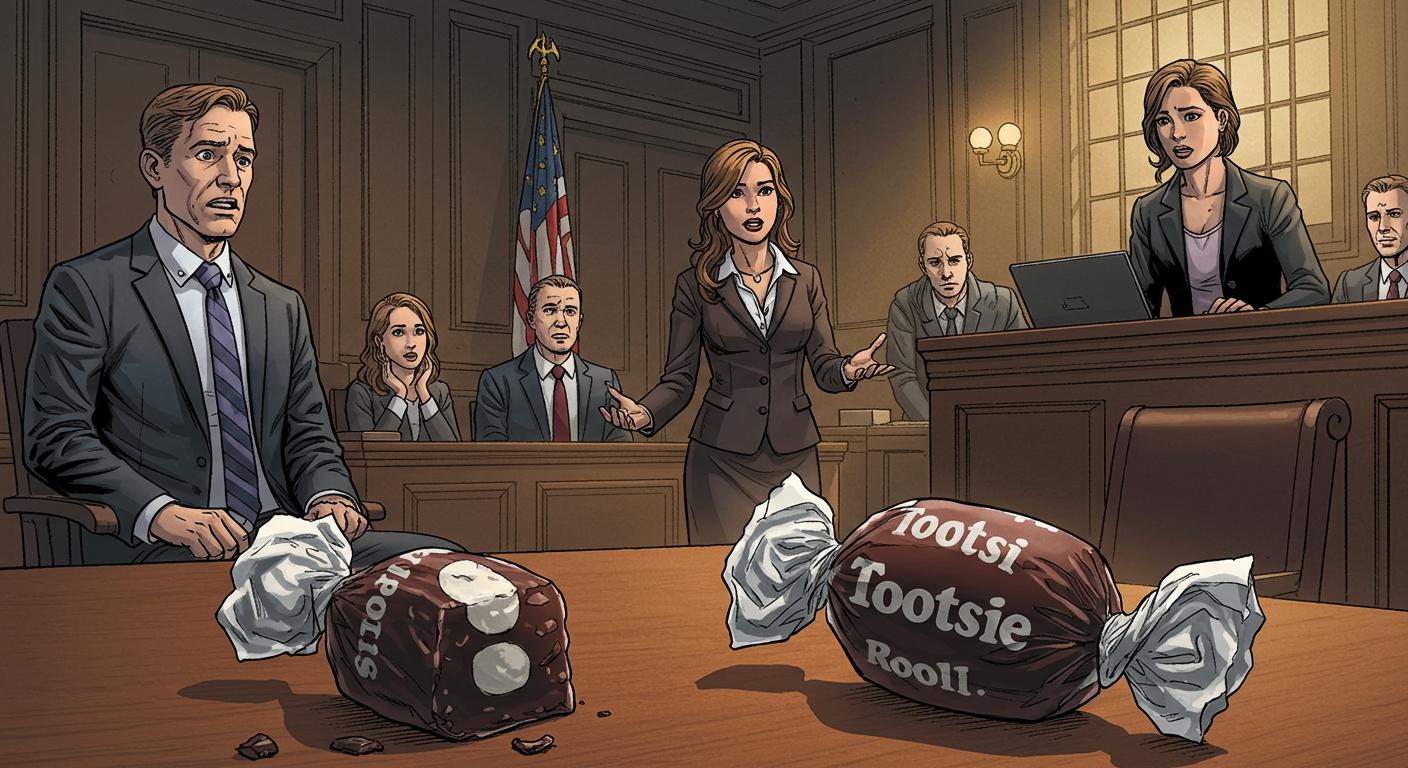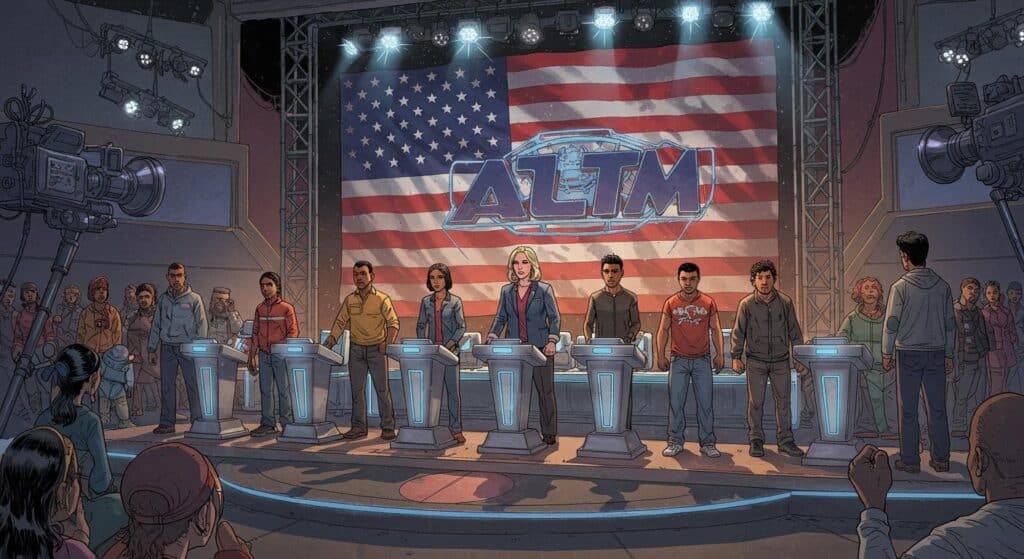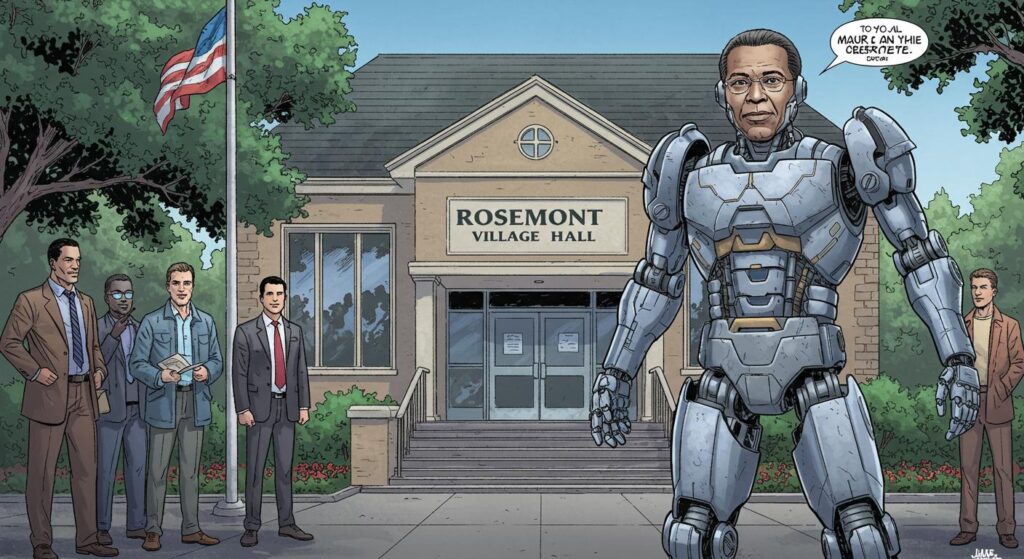Sometimes, a detail emerges from the grey pages of a legal complaint that momentarily disrupts even the most sober of reading moods. Within the latest civil lawsuit facing Sean “Diddy” Combs, that distinction belongs, without contest, to an oddly specific reference to a Tootsie Roll—a confectionary metaphor now etched into the public record alongside deeply serious allegations.
Allegations, Chronology, and a Confectionary Metaphor
As reported extensively by The Independent, the plaintiff—referred to as Jane Doe—has filed a civil action accusing Diddy of raping her at his Park Avenue apartment in 2001. The complaint details a sequence of encounters: the pair first met in an elevator and, over several group outings to clubs and his studio, built up a precarious acquaintanceship. Doe asserts that the final meeting culminated in an assault, but—amid legalese and traumatic retellings—a particular anatomical comparison has become the unlikely headline.
The suit describes, with notable specificity, that Diddy’s genitals appeared to be “the length and girth of a large Tootsie Roll.” The Independent highlights that, by Doe’s own account, this fleeting observation emerged not as a snide remark but as one folded into her recounting of the traumatic event. In the narrative, she notes feeling “relieved” that, given the lack of “length and girth,” the physical impact of the assault might be lessened, and, after later sharing her story in therapy, she referenced Diddy as “itty bitty Diddy.”
Further context of the night is relayed in the complaint: after being ushered onto a tour bus with Diddy and his entourage, Doe and her friend reported feeling unwell—“weak in her arms and legs and unsteady on her feet”—raising suspicions their drinks may have been spiked, as stated in the lawsuit and summarized by The Independent. After being taken to Diddy’s apartment rather than her home, Doe says she was led into his bedroom where, as described in the filing, the ensuing assault took place.
The Peculiarity of the “Tootsie Roll” Line
The leap from traumatic legal claims to candy store metaphors has, for obvious reasons, become a viral talking point. TMZ provides additional direct quotes from the suit, noting that Doe recalls Diddy’s threat (“I’m going to suck the life out of you”), her immediate realization about the “Tootsie Roll”-like size, and her attempts to resist, which were ultimately unsuccessful. The aforementioned phrase was used to describe her thought process in the midst of an otherwise terrifying circumstance.
Page Six, in its review of court records, points out that Doe later withdrew from Diddy’s advances and ultimately refused all of his post-incident attempts at contact. The outlet also notes that, following psychological trauma and a period of therapy, Doe shared the full extent of her experience only with close friends and family—reiterating the “itty bitty Diddy” description in private conversation, according to sources cited in the complaint.
In the patchwork of allegations, dates, and legal crossfire, this Tootsie Roll comment stands out, not just for its vividness but for its odd, almost comic, specificity. One imagines law clerks and reporters pausing—if only briefly—at the surreal intersection of trauma and confectionery.
On Cultural Stickiness and Legal Realities
While all outlets—including The Independent, TMZ, Page Six, and Enstarz—are clear about the gravity of the allegations, their coverage acknowledges that such uniquely concrete details frequently overshadow technical proceedings. Perhaps this reflects, as Enstarz succinctly notes, a peculiarity in human nature: even in the most distressing stories, specificity—in this case, a brand of chocolate candy—has the power to eclipse abstract language or legal formulas.
For Diddy, the civil lawsuit now unfolds alongside existing criminal charges for sex trafficking and other offenses, legal challenges to which he has pleaded not guilty, as all sources confirm. Cassie Ventura’s testimony—her own allegations aired in court following a $20 million civil settlement with Diddy—adds to the crescendo of claims, though Ventura’s experiences are distinct from this particular Tootsie Roll narrative, as The Independent details.
In the legal documentation and reporting, it is also clear that Diddy’s attorneys continue to deny all allegations. Statements attributed by Page Six and Enstarz reiterate that “Mr. Combs has never sexually assaulted or sex trafficked anyone,” and express confidence in the judicial process.
The Absurd Unfolds in the Expected
It’s difficult not to reflect on the almost involuntary way the mind latches onto oddity, especially in stories otherwise defined by pain, power imbalances, and long-delayed reckoning. Is the outsized attention paid to this candy comparison a defense mechanism, a result of tabloid culture, or simply the inevitable outcome when specificity meets scandal? No matter the reasoning, a “Tootsie Roll”-sized detail has unexpectedly upended the usual cadence of legal reportage.
It’s not every day that history’s darker chapters and Halloween treat bags collide in the annals of the courthouse. Whether this metaphor was a spontaneous observation under duress, a calculated narrative choice, or an accidental headline-in-waiting, the result is the same—a detail so odd, it lodges itself in memory, asking little except to be noticed.
And so, the record stands: somewhere between trauma, courtroom protocol, and America’s sweet tooth. Sometimes, the surreal really does take center stage—typically in places least expected. If recounting this makes you picture bits of legal record alongside a waxy chocolate treat, you’re not alone. What are the odds that someone, years from now, finds this one odd footnote and pauses, puzzled—just as some of us are doing today?







